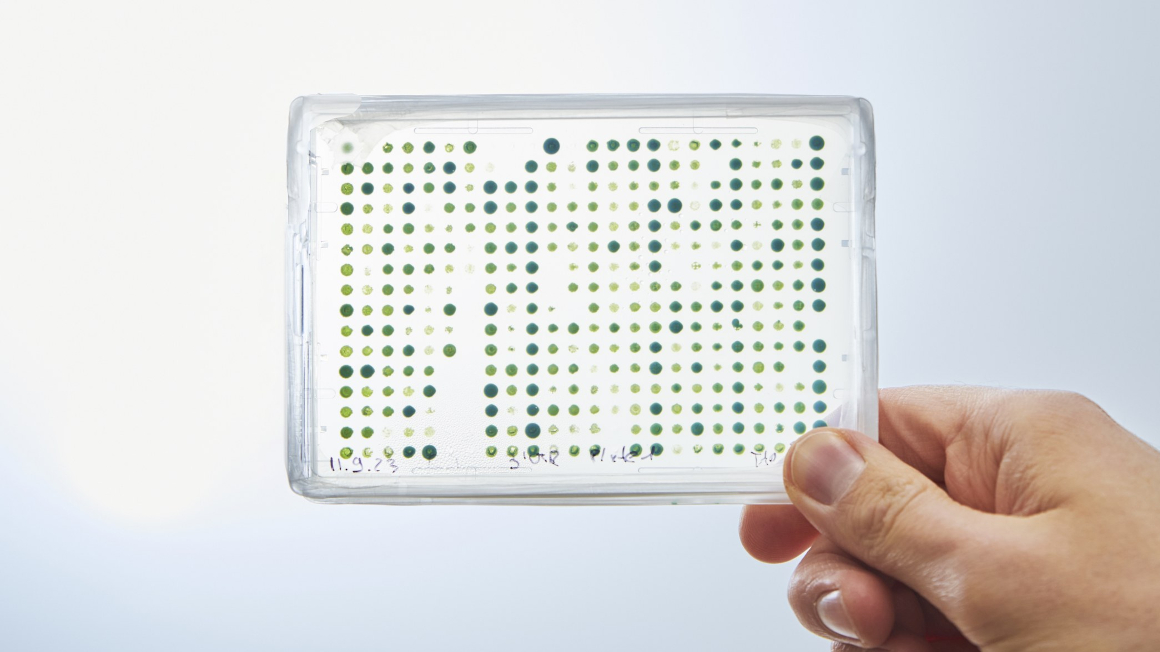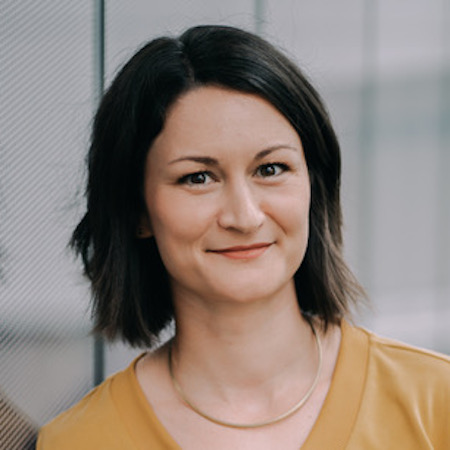ERC funding for anaerobic bacteria research
Jena-based natural product researcher Christian Hertweck has been awarded the ERC Advanced Grant by the European Research Council for his pioneering research into new active substances from anaerobic bacteria.

Anaerobic bacteria are among the oldest organisms on earth. As oxygen is life-threatening for them, they have developed special metabolic pathways that enable them to survive in oxygen-free regions. Anaerobic bacteria are also found in the human intestine, where they have a considerable influence on health. But that's not all. Their special metabolism also makes them sought-after tools in biotechnology. So far, they have played a subordinate role here. With the "AnoxyGen" project, Jena-based natural product researcher Christian Hertweck wants to change this. Together with his team, he will decode novel active substances of so-called anaerobes and elucidate their role in nature. The scientist has been awarded the prestigious ERC Advanced Grant from the European Research Council for his pioneering research. The project work will be supported for five years.
Unlocking the biosynthesis potential of anaerobic bacteria
"Anaerobic bacteria have not yet been researched enough, but their metabolic processes offer great potential for the discovery of new active substances. We can also gain new insights into their role as pathogens," says Hertweck. He heads the Department of Biomolecular Chemistry at the Leibniz Institute for Natural Product Research and Infection Biology – Hans Knöll Institute (Leibniz-HKI) and is Professor of Natural Product Chemistry at Friedrich Schiller University Jena.
In the coming years, an interdisciplinary team led by Hertweck wants to explore the previously untapped biosynthetic potential of anaerobes. New molecular and synthetic biology tools are being developed in order to decode and harness the unknown metabolic pathways of these bacteria.
Great benefits for medicine, ecology and biotechnology
For example, a powerful expression system will be used to identify and modify new active substances so that toxins and virulence factors of pathogenic anaerobes can be produced and researched without having to cultivate large quantities of the pathogens themselves. "With this project, we want to provide novel methods and tools for the scientific community. We hope that 'AnoxyGen' will be of great benefit, particularly for medicine, but also for ecology and biotechnology," says Hertweck.
bb


